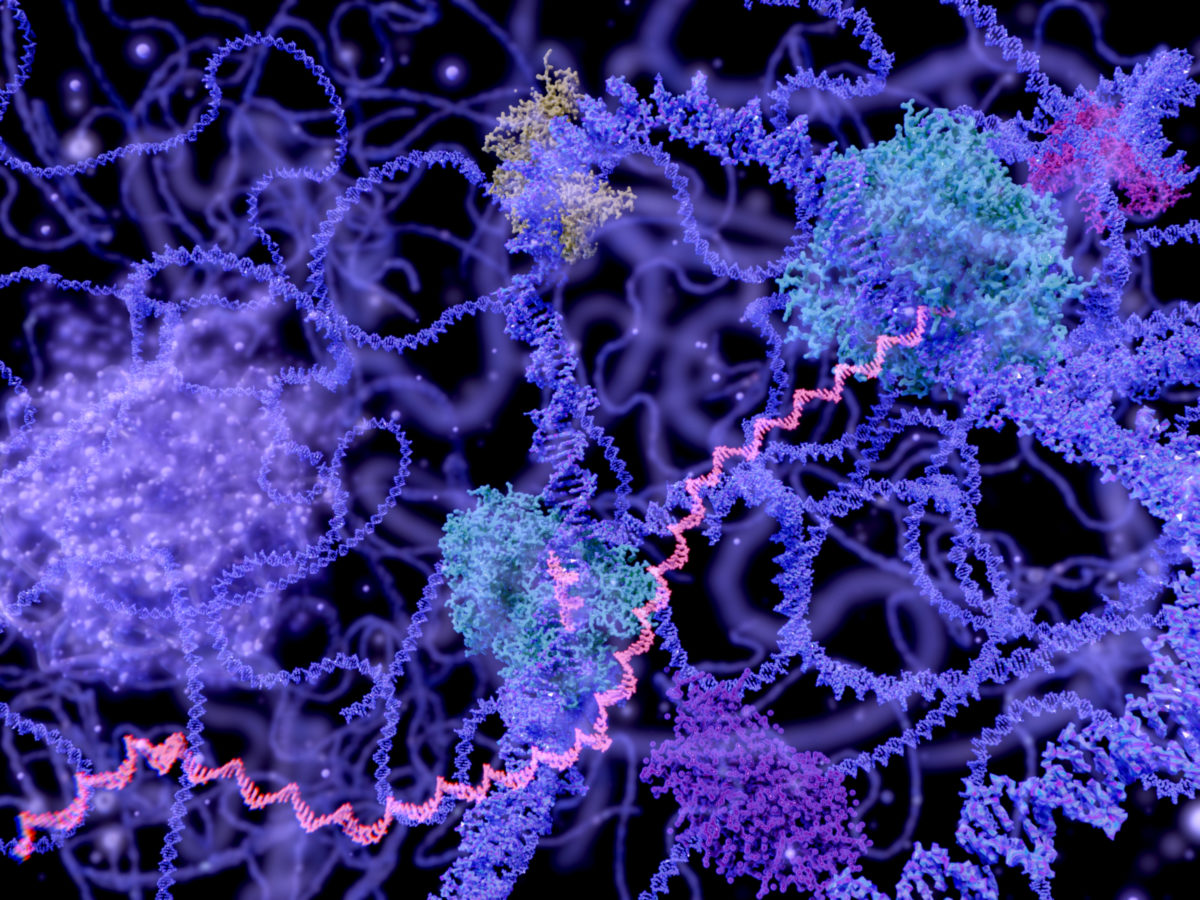Once upon a time, political and philosophical conservatism was less concerned with practical, day-to-day politics and much more directed to developing a critique of modern civilization, seeking to save the culture from barbarism. In this series of posts, of which this is the final entry, we have been looking at the thoughts of Richard Weaver on Darwinism as a contributing factor in the drift to cultural decay. (You will find earlier entries, Parts I through V, here, here, here, here, and here.)
Today, the most broadly respected deans of conservative political reflection — George Will or Charles Krauthammer — are dependable Darwin defenders and enemies of Darwin doubters. So much for the icons of our day. It was not so when the movement was launched by Weaver with his book Ideas Have Consequences in 1948.
Weaver saw and clearly expressed the cultural costs of a Darwin-directed “world picture,” or vision or “metaphysical dream,” and he suggested the outlines of a scientific critique of evolutionary theory. Unlike Krauthammer or Will — but more like Buckley, Kristol, or Neuhaus — he would have grasped and appreciated the importance of the project that seeks to topple Darwinism.
The primary role of a conservative, in his view, was not to defeat Democratic officeholders or oppose liberal legislation. It was, somehow, to recover the integrated dream or vision that predominated until modern times. That is a thing that matters, or should matter, not only to conservatives but to everyone. Weaver saw that the fractured vision of modernity is bad for your mental health. That is why neurosis, despair, anxiety, depression, hysteria and the like were so common in his day and all the more so in ours.
Read More ›








































